Tips & the Importance of Training Senior Dogs
02.01.2022.
A popular expression humans use goes, “You can’t teach an old dog new tricks!” However, if you’re a canine kingdom insider, you know very well how untrue that expression is. Training is a crucial part of every dog’s life, and just because a dog becomes older doesn’t mean training should stop.
Importance of training a senior dog
Senior dogs have something puppies don’t - experience. They already have learned behavior, training them is safer, and they are far less likely to get overly excited about things puppies find extremely interesting. The importance of training your senior dog is known to experienced dog trainers. If you want to be the best possible dog owner, you should realize its importance as well. Here’s why training a senior dog is extremely important;
Keeps them young
Dogs love having a job. Just like us, dogs want to feel useful and want to have a role to play. You might even say they just want to fit in with their families. As they grow older, that feeling might elude them. They aren’t as powerful, fast, or sharp as they used to be. That’s why training in your dog’s senior years will do wonders for them. Not only will your dog engage their aging body, but they will also use their brain to obey commands their owners are giving them. You will improve their physical and mental health and wellbeing.
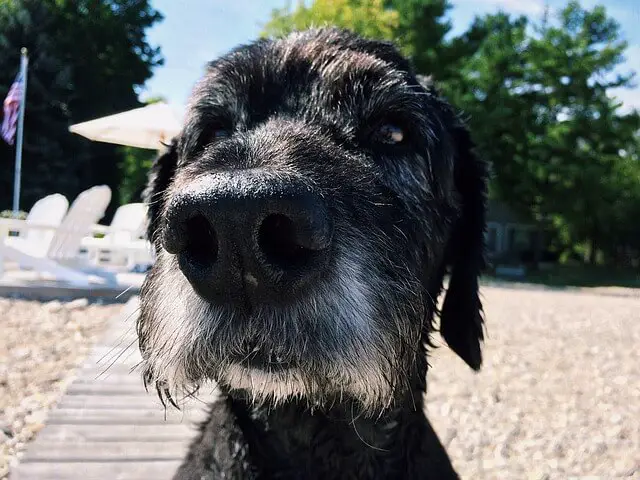
Training helps with age-related illnesses
One of the most common problems senior dogs experience is arthritis. You might want to train your dog to help them deal with arthritic pains. Their joints will move and strain again. If you know how much your dog can take and give them a healthy amount of exercise, you will promote joint healing, movement range, and overall health.
Training will improve their cognitive skills
Just like in humans, senior dogs’ cognitive skills will start declining as they age. However, you can think of the dog’s brain as just another muscle. The more you exercise it, the more flexible and stronger it will get. Training a senior dog doesn’t have to mean learning new skills. Even reinforcing skills they already know will keep their brains running smoothly for as long as possible. Their cognitive skills will stay good, and you will prolong their aging process.
Bonding
Another fantastically important reason for training a senior dog is - bonding. Just like training a puppy will cause tight emotional bonds between the puppy and its owner, training a senior dog will make sure that bond remains strong even in the dog’s senior years. It will make your dog feel purposeful and loved, and that is something all dogs deserve.
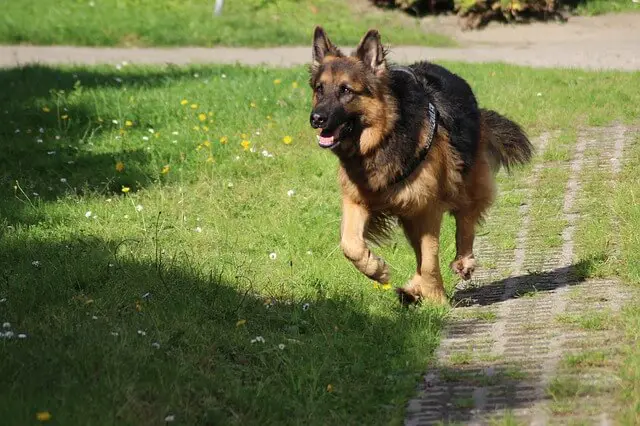
Teach them new things
Teaching your dog new things might not be the most important thing, but it can benefit your senior. Older dogs might not be in their top physical shape, so things like agility, canicross, skijoring, or flyball might not be an option. Still, scent work or rally might be a fantastic activity for your senior dog. Their noses work just fine, and something like scent work will give them a bit of physical activity and a lot of mental stimulation. This type of training is essential for the dog’s overall health and wellbeing.
Improves behavior
One thing that might cause dog owners to train their senior dogs is that training will improve their behavior. Like us, older dogs can be grumpy. They will yap, bark, and seem like grumpy old men. However, training can improve their overall demeanor and temperament. Studies have shown that trained senior dogs show significantly better behavior than seniors that lack training.
Tips for training a senior dog
As you can imagine, training a puppy or an adult dog can be quite different from training a senior dog whose cognitive skills are dropping. Some of the things that can impact the way the dog interacts with you are;
- Vision impairment
- Hearing impairment
- Arthritic pains
- Other physical issues

Here are the tips for training senior dogs;
1. Assess your dog’s physical health
Senior dogs can’t train at the same pace as when they were adults. Before you start training your senior dog, you need to assess their physical health. See if your dog has joint issues, muscle issues, or painful body parts. If they do, jumping or sprinting might not be the best idea.
2. Take it slow
Senior dogs might have hearing problems, so if you think they’re ignoring you, it’s entirely possible they simply don’t hear you. You should talk louder and add hand gestures to make it easier for your dog to understand you and what you want them to do. Also, take things step by step, and allow your dog to slowly progress. It is important to take things slow.
3. Keep training positive
One of the most important things you can do is keep the training positive. Even if your senior dog doesn’t complete your command fully, they will still benefit from training. They will still use their brain and try to perform as best as they can. Mental stimulation is sometimes the best reward. Involve treats and praises, and your dog will look forward to every training session.
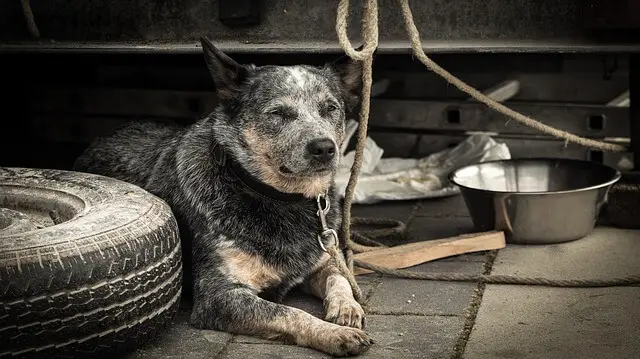
4. Adjust to the dog’s past
Some dogs are well trained, and training them while they’re older will require adjusting training methods. You might want to add some twists and turns in some basic commands your senior already knows. Other dogs might have traumatic pasts that involved abuse or neglect. You need to adjust to that and make sure you don’t cause aggressive reactions from abused dogs.
5. Play to your dog’s strengths
After you have finished assessing your dog’s physical state, adjust the training to their strengths. If your dog can’t run, but their noses work, try scent work. Adjust your dog’s training so they can feel accomplished and successful. That will make the training positive, which will, in turn, be great for your senior dog.
World Dog Finder team

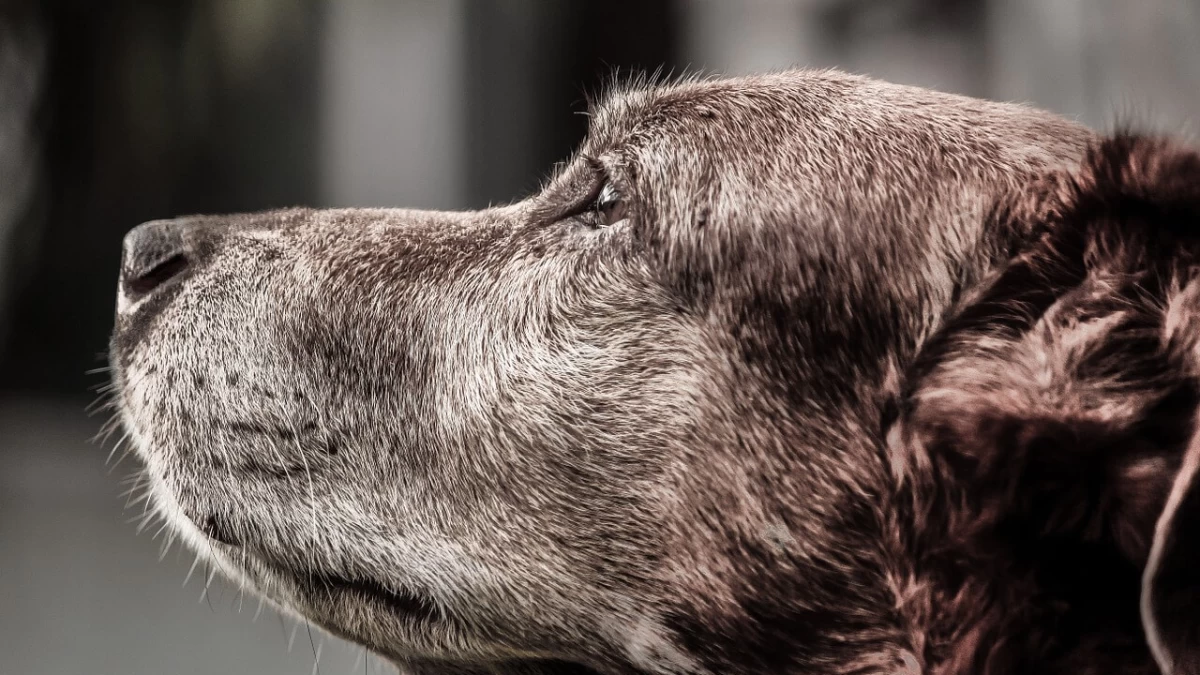
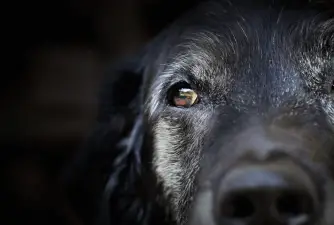
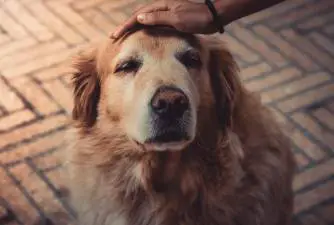

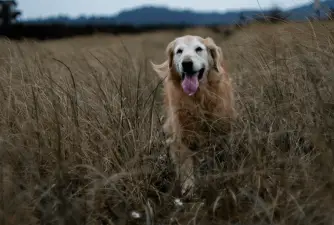

Share